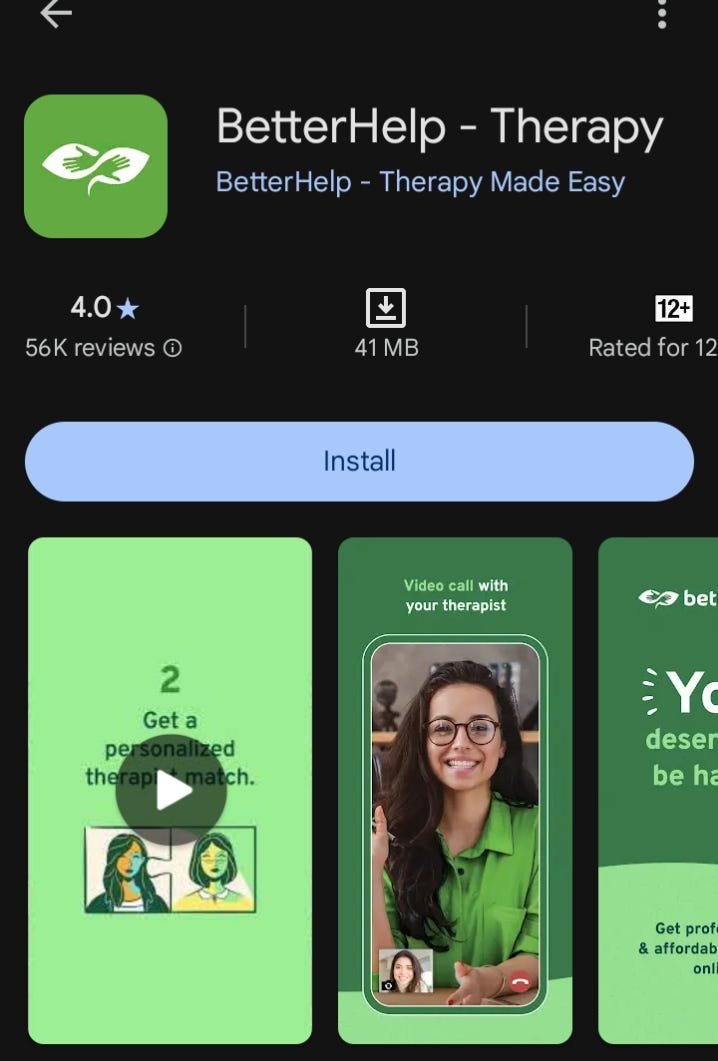A taxpayer-funded mental health app named Soluna is under scrutiny for allegedly promoting New Age beliefs and radical ideologies among vulnerable youth. Funded by the state of California, the app is marketed as a resource for teens and young adults aged 13 to 25 to manage self-esteem and identity issues. However, critics argue that it encourages practices associated with the occult and diverges from traditional mental health support.
The app is part of California Governor Gavin Newsom’s Children and Youth Behavioral Health Initiative, which is a $4.7 billion effort aiming to revamp mental health support for young people. Soluna is managed by Kooth, a digital mental health organization, which describes the app as a revolutionary tool that aims to meet the needs of youth in an accessible way.
Despite its claims of confidentiality, concerns have emerged about the type of content being shared with users. Soluna offers guided breathing and meditation exercises, mood logs, and affirmations designed to foster self-love and positive thinking. However, certain lessons within the app reportedly encourage users to adopt views that may conflict with traditional family values, such as embracing LGBTQ identities and rejecting cultural norms.
For instance, a lesson titled ‘Coming out to immigrant parents’ shares the story of a queer daughter navigating her relationship with her immigrant mother, suggesting a departure from traditional cultural values in favor of LGBTQ acceptance. Additionally, activities involving non-monogamous relationships and lessons on systemic racism and generational trauma further highlight the app’s controversial content.
The app also integrates New Age practices, such as tarot card readings and smudging, a ritual involving the burning of sage for spiritual cleansing. These elements are presented as tools for mental health and personal empowerment, although critics argue they distract from evidence-based mental health practices.
Users can access Soluna for free, with costs covered by California’s Department of Healthcare Services. Although designed for California residents, the app can be used by anyone aged 13 to 25 as a guest, raising further concerns about its accessibility and influence on minors across state lines.
Community organizations like CitizenGo have voiced alarm over Soluna, claiming it represents a broader move to separate children from parental guidance and replace family values with state-sanctioned ideologies. The app’s emphasis on privacy raises questions about the lack of parental oversight in children’s interactions with it, which many see as a concerning trend in mental health care.
As the digital mental health landscape expands, the use of apps like Soluna prompts important discussions on the content being provided to youth and the potential implications for their development. Advocates for traditional family values are calling for action, urging parents to be aware of their children’s digital interactions and to advocate for mental health resources that align with their values.
In light of these developments, many are encouraged to engage in discussions about the impact of such apps on young people’s mental health and to consider the importance of maintaining open lines of communication within families regarding mental health resources.



